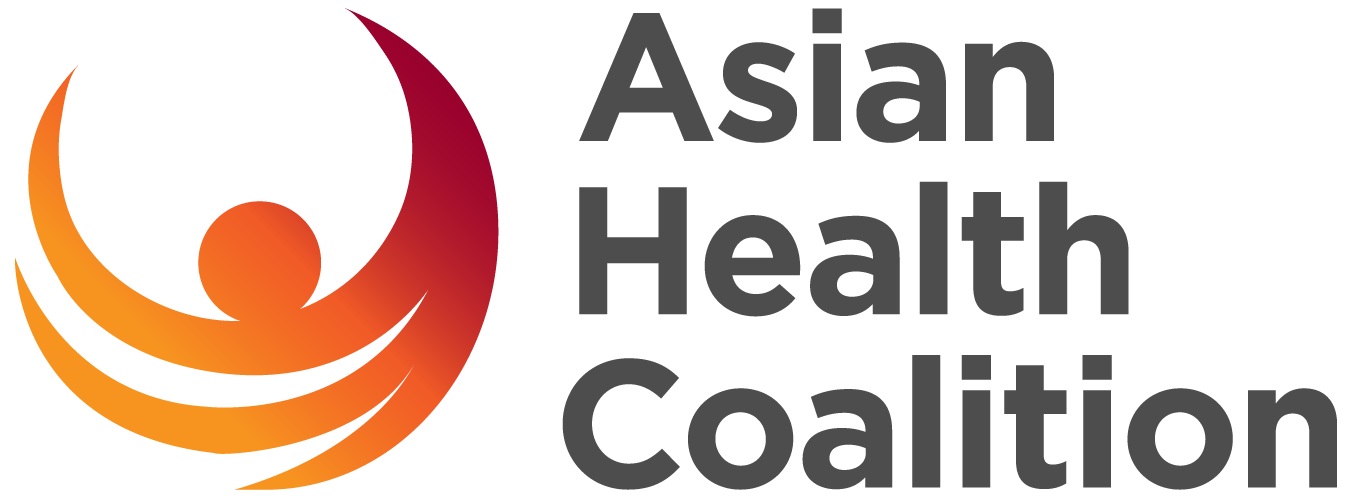Colon Cancer Prevention Project (CCPP)
PROGRAM DESCRIPTION:
The Colon Cancer Prevention Project (CCPP) was a pilot demonstration project targeting disparities in colorectal screening rates and increased cancer mortality affecting elderly Korean Americans in the Chicago metropolitan area aged 65 and over. Asian Americans have lower rates of colorectal (colon/rectal) cancer screening than any other ethnic group. While more than 40% of whites, African Americans, and Latinos 50 or older have had a sigmoidoscopy or colonoscopy within a five-year period, only 28% of Asian Americans in that age group have had either test. The risk of colorectal cancer increases with age and the average age at diagnosis is 72. Colorectal cancer is one of the three most commonly diagnosed cancers in Asian American males and females, and the incidence of this disease is rising in this population. This trend follows a shifting pattern of cancer risk in a migrant population living in a more Westernized culture. Diets high in fat, protein, alcohol, and meat, as well as low in fiber and calcium have been shown to increase the risk of colorectal cancer. These dietary risk factors are more prevalent in the United States and other Westernized countries compared to Asian countries. Although screening using the Fecal Occult Blood Test (FOBT), sigmoidoscopy or colonoscopy is well established as an effective means of reducing the burden of the disease, studies have shown extremely low screening utilization among Asian Americans.
TARGET POPULATION:
Asian American immigrant and refugee communities in metropolitan Chicago
PARTNERS:
• Hanul Family Alliance
• Chinese American Service League
• University of Chicago Medicine - Office of Community Engagement and Cancer Disparities
PROGRAM GOALS:
• Build community capacity of the partnering agency to provide culturally competent
education and outreach on colorectal health issues for individuals in the Korean community
• Enhance community awareness and knowledge about colorectal cancer risks and
prevention strategies
• Increase screening rates through initial FOBT tests and strengthen linkage-to-care network development to reduce structural barriers
Together in partnership with the University of Chicago Comprehensive Cancer Center and Hanul Family Alliance, the Asian Health Coalition implemented a community-based and theoretically guided study using a culturally appropriate intervention program that included a bilingual cancer educational program for Korean American seniors, including information on colorectal health, counseling to address psychosocial and access barriers, and patient navigation assistance.
Funding for this project was provided by the Research Retirement Foundation, Chicago Community Trust, and University of Chicago Medicine - Office of Community Engagement and Cancer Disparities.



